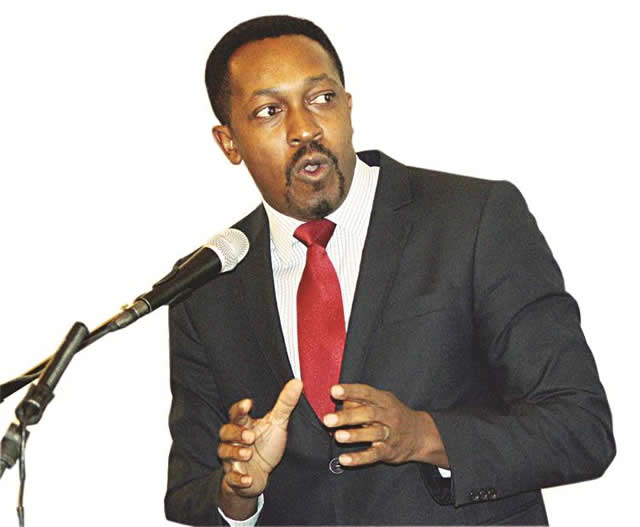Implement reforms now: Industry

Prosper Ndlovu, Business Editor
THE implementation of proposed measures meant to improve domestic industry competitiveness should start in earnest this month to position businesses for improved operations, captains of industry have said.
The call follows the Cabinet’s approval last month of a raft of measures including reducing the cost of key enablers in a bid to help industry recover from the prevailing liquidity crunch and high production costs.
The measures are premised on the findings of a thorough research study by a Cabinet committee of experts, which identified key cost drivers as labour, power, water, finance, transport and trade logistics, tariffs and trade taxes as well as information technology.
Zimbabwe has been registering increased imports resulting in a skyrocketing trade deficit of up to $3 billion a year driven largely by lack of competitiveness of locally produced goods and low capacity utilisation by local firms.
The Cabinet committee recommended adoption of a “Holistic Cost Reduction Model” as it relates to utility costs and regulatory cost such as fees, licences, permits and levies.
“We need to implement these reforms urgently because most businesses are opening next week and there’re a lot of payments required from them as the year begins,” said Busisa Moyo, who heads the Matabeleland Chamber of Industries.
“All these highlighted things are critical and we need not miss the month of January. We certainly want the reforms done quickly and we feel that’s too late for us.”
Moyo, who is also the chief executive officer of United Refineries Limited, said industry executives were in dialogue with the government to fast track the implementation of the reforms and enhance the ease of doing business in the country.
He, however, said achieving the desired results was not the responsibility of the Industry and Commerce Ministry alone but all stakeholders and other concerned ministries.
Moyo said the reforms should cover the restructuring of parastatals, which are key entities in economic turnaround.
He said the government, working with industry, should map a clear implementation strategy detailing time frames and identifying those aspects that can be implemented on short, medium and long term basis.
“There are things that we can execute now without much of a problem such as rates. We need a detailed check list of things we can do in the first six months, within a year and some we can achieve within 18 to 24 months.
“We don’t want to be negative because we’ve reached a good stage,” said Moyo.
Among the proposed measures is the downward adjustment of parastatals and local authorities’ wages and salaries whose levels are costly to companies and ordinary citizens.
Cabinet has also approved lowering of electricity and water charges as part of a broader internal cost reduction strategy to enhance improved production and competitiveness.
Some highlights of the survey showed that based on the 2013 wage levels, Zimbabwe was found to be more expensive when compared to Zambia, Botswana and Mozambique.
Redundancy dismissals were also found to be lengthy and prohibitively expensive with the notice period in Zimbabwe of 13 weeks, being approximately three times more than that required in the neighbouring countries.
Regionally, the country was found to be expensive as its fixed water charges for industrial, commercial and domestic use were found to be higher than even water constrained countries such as Botswana.










Comments